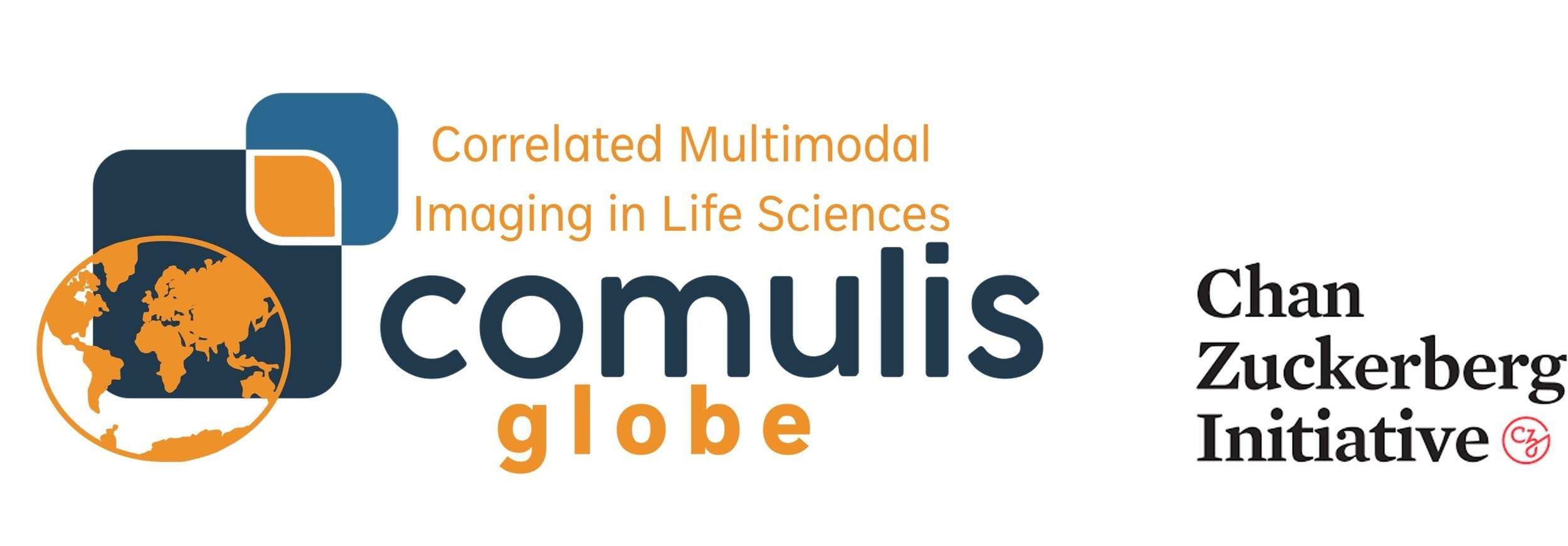Join the COMULIS Society: Elevate Your Research and Expand Your Network
Are you passionate about advancing the field of correlated multimodal imaging (CMI) and eager to collaborate with like-minded professionals from around the globe? The COMULIS Society is the perfect platform for you!
Why Become a Member?
Access to Cutting-Edge Workshops: Stay at the forefront of scientific developments by participating in exclusive workshops that cover the latest techniques and innovations in CMI. Learn from experts and gain hands-on experience that will enhance your research.
Networking Opportunities: Connect with a global community of researchers, scientists, and industry leaders. Our events, both virtual and in-person, provide an ideal environment for forging collaborations, sharing knowledge, and building lasting professional relationships.
Travel Grants: Expand your horizons and attend international conferences, workshops, and seminars with the help of our travel grants. These grants are designed to support your participation in key events, allowing you to present your work and engage with the scientific community on a broader scale.
Collaborative Projects: The COMULIS Society is dedicated to closing the gap between clinical and biological imaging. By joining, you’ll have the opportunity to contribute to groundbreaking research projects that push the boundaries of what’s possible in multimodal imaging.
Exclusive Resources: As a member, you’ll have access to a wealth of resources, including open databases, correlation software, and scientific publications. These tools are essential for staying up-to-date with the latest advancements and for driving your own research forward.
Recognition and Support: The COMULIS Society values the contributions of its members. Whether you’re a seasoned researcher or just starting your career, our community is here to support your growth and recognize your achievements.
Become a Part of the COMULIS Community Today!
By joining the COMULIS Society, you’re not just gaining access to resources and opportunities—you’re becoming part of a dynamic community that is shaping the future of multimodal imaging. Don’t miss out on the chance to advance your career, contribute to innovative research, and connect with professionals who share your passion.
Register now and take the first step toward making the most of what the COMULIS Society has to offer.
The COMULIS Society was founded in September 2023 as one of the key networking efforts of the COMULISglobe Correlative Multimodal Imaging project funded by the Chan Zuckerberg Initiative.
In order to consolidate and extend a collaborative and innovative network that promotes correlative multimodal imaging and analysis across scales from biological research to clinical diagnostics and establish a global multimodal imaging society to ensure long-term sustainability. Correlative imaging integrates the best features of combined techniques and overcomes limitations faced when applying single modalities independently. This relies on the joint expertise of biologists, physicists, clinicians, and computer scientists, and depends on coordinated activities and knowledge transfer between technology developers and users.
To achieve this inherently interdisciplinary goal, it is indispensable to establish a network of scientists across continents and disciplines, from academia and industry, including transnational research facilities (e.g. synchrotrons, Euro-BioImaging-ERIC), to foster and market correlative multimodal imaging as a versatile tool in biomedical research and diagnostics.
We have founded the COMULIS Society in order to achieve these goals and are currently organizing multiple opportunities for global networking such as showcase projects, Training schools, conferences and symposia, Mobility Grants for Training Schools, Lab Exchanges or Synchrotron travel grants, an open call for Correlative Multimodal Imaging Projects at Euro-BioImaging Nodes or software development and the registration challenge.

